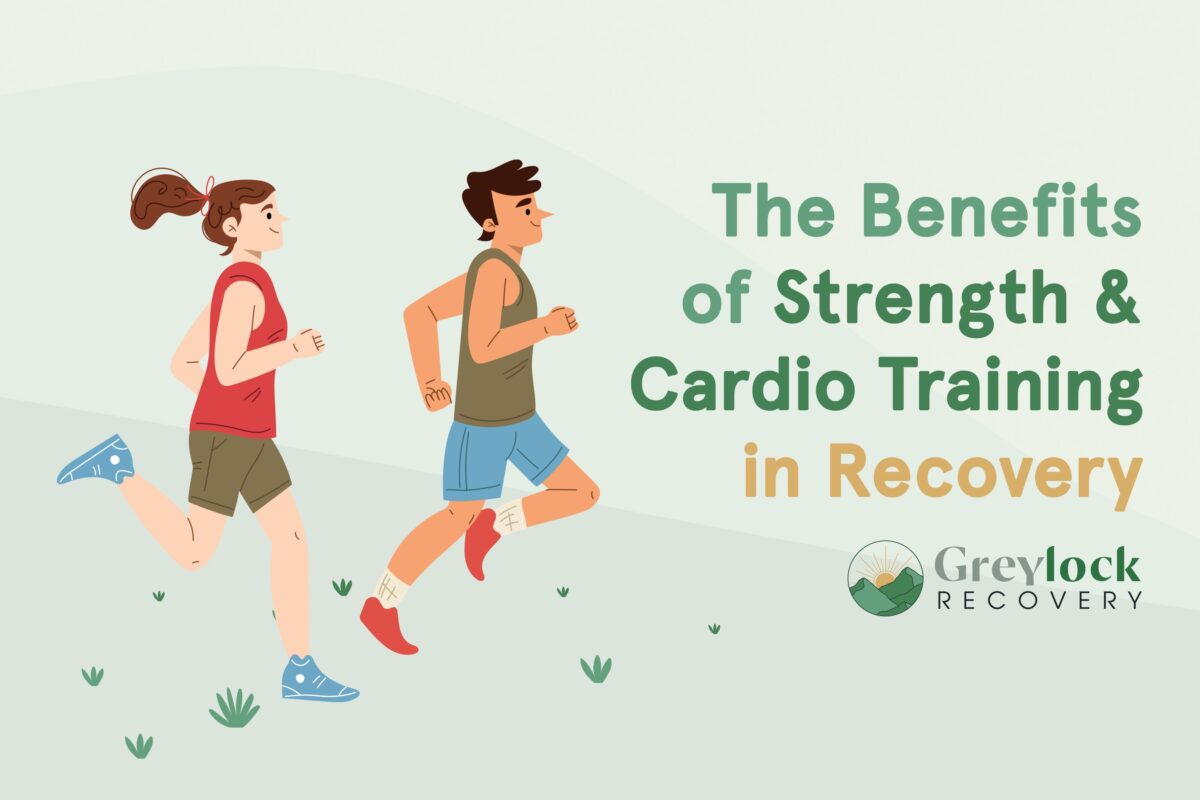Recovery asks a lot of us. It asks us to slow down. To dig deep. To show up for ourselves even when we feel like hiding. Along the way, we pick up new tools that help us stay grounded. For many people, movement becomes one of those tools. But I’m not talking about running marathons or hitting the gym seven days a week. I’m talking about moving your body in ways that feel good and build you up. Strength training and cardio can be simple, but the impact they have in recovery and sobriety is anything but small.
Building Strength One Step at a Time
Lifting weights, doing body-weight exercises, even just carrying groceries without feeling winded. These things all count. Strength training teaches us patience. You do not wake up one morning suddenly stronger. It happens gradually, and it happens because you kept showing up.
There is something deeply satisfying about that kind of progress. You start to feel it in your posture, your energy, your ability to handle hard moments. Strength on the outside starts to build strength on the inside too. And in recovery, that matters more than ever.
Getting your heart rate up is not just about physical health. It is also one of the quickest ways to shift your mental state. Whether you are walking around the block, dancing in your room, or going for a jog, your body starts to release chemicals that help you feel better. It can clear your head, lift your mood, and help you feel more present in the moment. Some days, a quick walk can be more helpful than an hour of overthinking. Moving forward, even literally, reminds us that we are not stuck.


